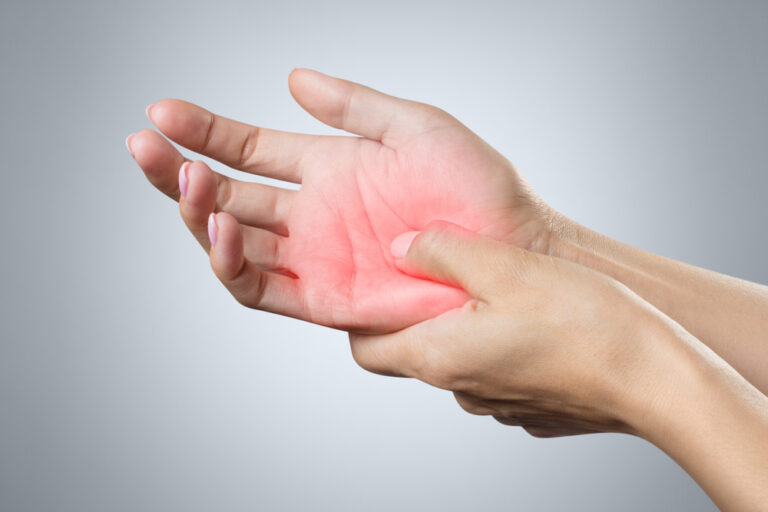Meditation




Types of Meditation
1. Mindfulness Meditation
o Focuses on being present in the moment. It involves observing thoughts, feelings, and bodily sensations without judgment.
2. Guided Meditation
o Involves listening to a guide or recording that leads you through the meditation process, often incorporating visualizations and relaxation techniques
3. Loving-Kindness Meditation (Metta)
o Focuses on developing compassion and love towards oneself and others. Practitioners repeat phrases wishing well-being for themselves and others.
4. Transcendental Meditation (TM)
o A specific form of mantra meditation where practitioners silently repeat a specific mantra to settle the mind into a state of profound rest.
5. Zen Meditation (Zazen)
o Involves seated meditation with a focus on breath and maintaining a specific posture. It emphasizes stillness and awareness
6. Body Scan Meditation
o Involves paying attention to different parts of the body, promoting relaxation and awareness of physical sensations.
Lifestyle




Lifestyle” encompasses the habits, behaviors, activities, and choices that shape how an individual lives. It influences physical health, mental well-being, social interactions, and overall quality of life.
Key components of lifestyle
Applications
- Orthopedics: Treating joint injuries, arthritis, and tendonitis.
- Cardiology: Repairing damaged heart tissues after a heart attack.
- Neurology: Potential treatments for neurodegenerative diseases or spinal cord injuries.
- Cosmetic Procedures: Skin rejuvenation and hair restoration.
Benefits
- Minimally Invasive: Many regenerative therapies are less invasive than traditional surgeries.
- Shorter Recovery Time: Patients often experience quicker recovery compared to conventional treatments.
- Personalized Treatment: Treatments can be tailored to the individual’s specific needs and conditions.
Key components of Lifestyle
1. Physical Activity
• Exercise: Regular physical activity is vital for maintaining fitness, managing weight, and reducing the risk of chronic diseases. • Daily Movement: Incorporating more movement into daily routines, like walking or taking the stairs, can enhance overall health.
2. Diet and Nutrition
• Balanced Diet: Eating a variety of nutrient-rich foods—fruits, vegetables, whole grains, lean proteins, and healthy fats—supports overall health. • Hydration: Drinking enough water is crucial for bodily functions and helps maintain energy levels
3. Sleep
• Quality Sleep: Adequate sleep (7-9 hours for adults) is essential for physical health, cognitive function, and emotional well-being. • Sleep Hygiene: Maintaining a regular sleep schedule and creating a restful environment can improve sleep quality.
4. Mental and Emotional Well-being
• Stress Management: Engaging in activities that reduce stress, such as meditation, yoga, or hobbies, is important for mental health. • Social Connections: Building and maintaining relationships can enhance emotional support and improve life satisfaction
5. Work Life Balance
• Time Management: Striving for balance between work and personal life can reduce stress and improve overall satisfaction. • Leisure Activities: Engaging in hobbies and recreational activities contributes to a fulfilling lifestyle
6. Substance Use
• Healthy Choices: Limiting alcohol, avoiding tobacco, and steering clear of recreational drugs contribute to long-term health. • Moderation: If consuming substances, practicing moderation is key to minimizing health risks.
7. Health Care
• Preventive Care: Regular check-ups, vaccinations, and screenings help monitor health and catch potential issues early. • Awareness: Staying informed about personal health and wellness can empower individuals to make better choices.
8. Environment
• Living Environment: A clean, safe, and supportive living space can positively impact lifestyle choices and overall well-being. • Nature Connection: Spending time outdoors can boost mood and promote physical activity.
